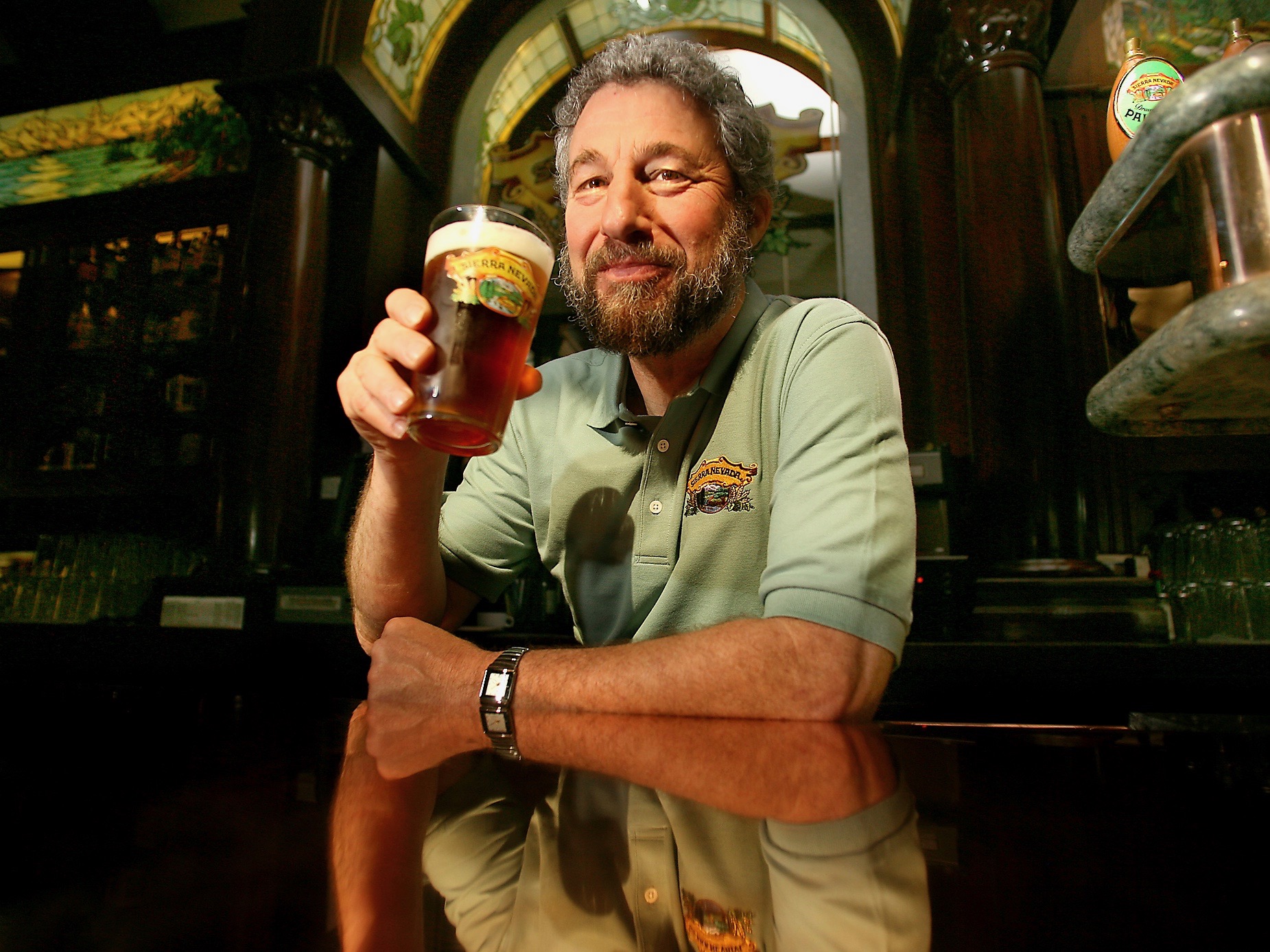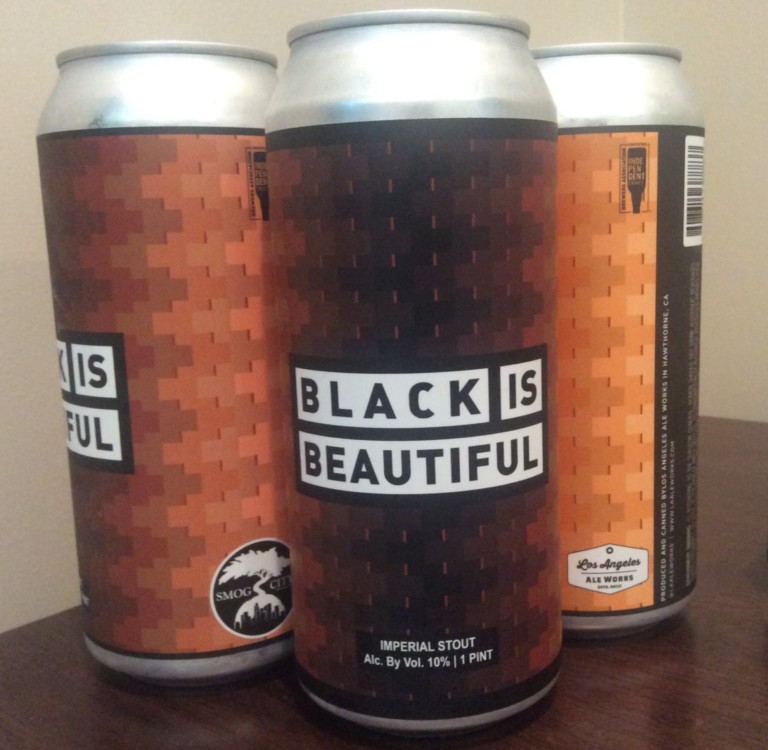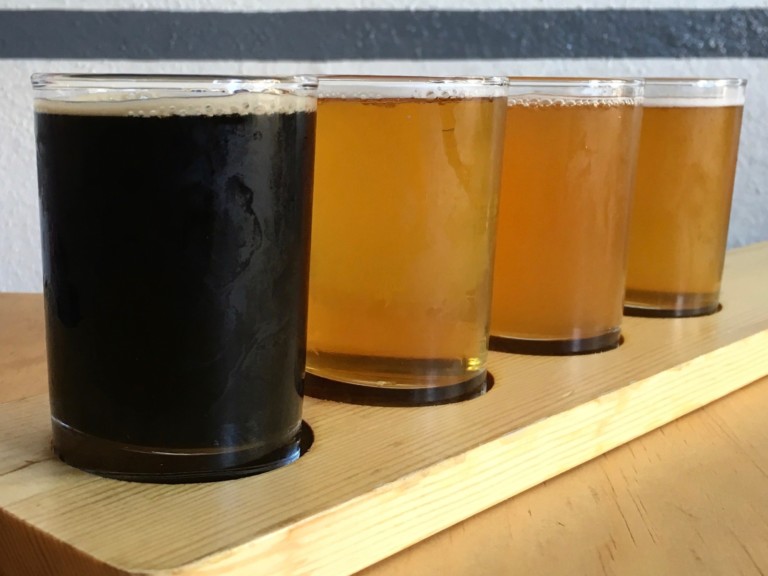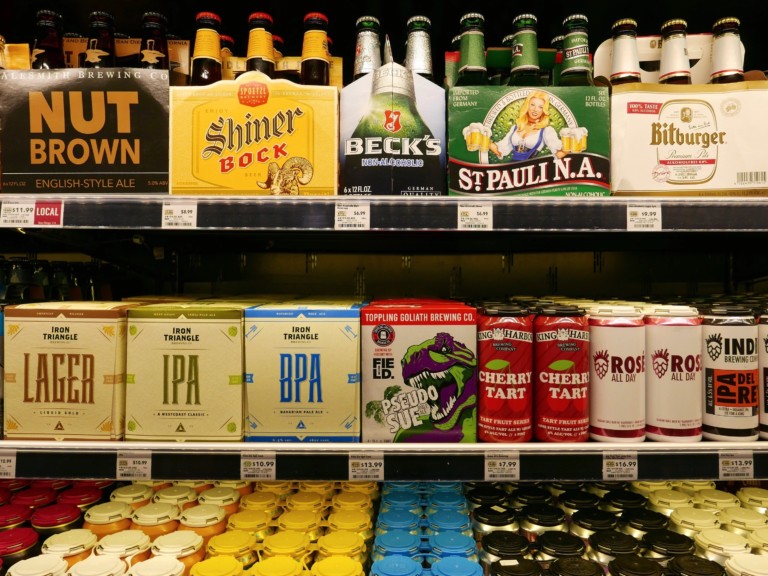Ken Grossman is one of the pioneers of California’s craft beer movement. The Woodland Hills native moved north to Chico in 1972. Four years later, after majoring in chemistry, he opened The Home Brew Shop in downtown Chico. Inspired by what he saw with Anchor and New Albion, he co-founded Sierra Nevada Brewing Co. with Paul Camusi in 1980. Grossman remains highly active in the brewery and is in the midst of celebrating Sierra Nevada’s 30th Anniversary by collaborating on a series of beers with fellow visionaries Charlie Papazian, Fritz Maytag, Fred Eckhardt and Jack McAuliffe. We recently caught up by phone, where Grossman discussed his background and approach.
How did you become so interested in beer?
Going back to when I was fairly young, I had a neighbor of my best buddy who was an avid home brewer and home winemaker. He was always bubbling something up on the weekends, I was always fascinated by the alchemy. I started home brewing in 1969. I ended up opening a home brewing supply store in 1976. I visited New Albion and Anchor Steam in the late ’70s.
What was the first beer that you brewed?
Back when I first started I was brewing extract beers but rapidly switched to grain brewing. I had Fred Eckhardt’s book – A Treatise on Lager Beers – and Dave Line’s Big Book of Brewing.
What’s your first beer memory?
We used to sneak the home brew from my friend’s father. Back in those days he was an avid beer fan so he would buy somewhat obscure beers. I remember Ballantine’s India Pale Ale. They also had one version that was barrel aged for a year.
What was your major in college?
I studied chemistry and was interested in the scientific aspects of brewing and the art of brewing different styles of beers.
Where did you go to school?
I started out in Chico at Butte Community College, but ended up transferring to Chico State.
Who taught you to brew?
I was mainly self taught in brewing but did have a relationship with UC Davis. I was a guest lecturer in the early days and would go down there pretty regularly and meet with Michael Lewis and would go to the library and got access to technical manuals and brewing books that weren’t widely available.
How useful was your education for what you’re doing now?
The chemistry background helped. I took a lot of physics and that helped too. After I finished, I went back and took practical courses in welding, refrigeration and electrical wiring. Those days you couldn’t buy brewing equipment. Everything was home built.
Was The Home Brew Shop your first beer-related job?
In the brewing world, I moved all my home brewing equipment to Chico in 1976 and continued to home brew, but it wasn’t until I opened the home brew shop that started to discuss brewing commercially with people.
Would you say that you have any brewing mentors?
Certainly I learned a lot from the folks at UC Davis, Michael Lewis and Charlie Bamforth. Many of the smaller brewers, I followed their path. Fritz Maytag and Jack McAuliffe were inspirations as far as what they pulled off in the ’60s and ’70s.
How was your recent experience brewing with Fritz?
It was fun. He made three trips to Chico and I made several trips to San Francisco. We got time to chat and talked about the changes we had witnessed since he and I started 30 years ago.
Why did you finally decide to open a brewery?
I was an avid home brewer and saw what Jack McAuliffe had done at New Albion. He had taken a large home brew equipment and went from 8 gallons to 45 gallons. It was feasible and plausible that since he did it successfully I could. It was my desire to do something beyond home brewing and I followed the example set by Fritz and Jack.
What distinguishes Sierra Nevada beers from other breweries?
We certainly have one of the longest tracks records of any breweries. We’ve stuck with many of our roots. We still bottle condition the vast majority of our beer. We still use whole cone hops, don’t use any extracts of pellets.
What styles of beer do you typically enjoy drinking?
I like a very wide range of beers. I tend to like fairly hoppy and aromatic beers. I’m drinking our Southern Hemisphere Harvest now. I tend to drink our seasonal beers but always go back to pale ales as a mainstay.
How do you feel about collaborating with other breweries?
It’s been fun. We did Life & Limb with Sam Calagione from Dogfish Head. The last few beers we did with Fritz Maytag, Jack McAuliffe, Charlie Papazian and Fred Eckhardt have been a lot of fun.
Any other plans to collaborate?
Nothing concrete or public at this point.
What are some other breweries that you really respect?
There’s a lot of people doing some innovative stuff around the country. We like what Vinnie [Cilurzo]’s doing at Russian River. He’s got a unique approach to brewing, but there’s a lot of great beer being made today.
What’s the newest recipe that you brewed, and what was your approach?
This week we’re brewing a beer with Jack McAuliffe. He was out here last week, worked on a recipe, did some test brews. It will be called Sierra 30th – Jack & Ken. It’s a dark barleywine.
We’re working on a new brown ale that we were testing last week. We’re using fresh roasted malt in it, so we’re working with maltsters to get the malt right off the kiln. We view it like fresh roasted coffee where the flavor’s most intense right off the roaster.
If you could only drink one more beer, what would it be?
I might pick our Celebration Ale, or our Pale Ale, it just depends on where it was.
Would you pair the beer with anything?
I’d probably just savor it on its own if it was my last beer.









Blog Comments
Ron DeCew
December 15, 2010 at 4:39 PM
For more insight into Ken Grossman and Sierra Nevada Brewing Co. read Rob Burton’s new book, Hops and Dreams: The Story of Sierra Nevada Brewing Co. I learned a lot from the book, not only about Sierra Nevada, but the craft brewing movement.